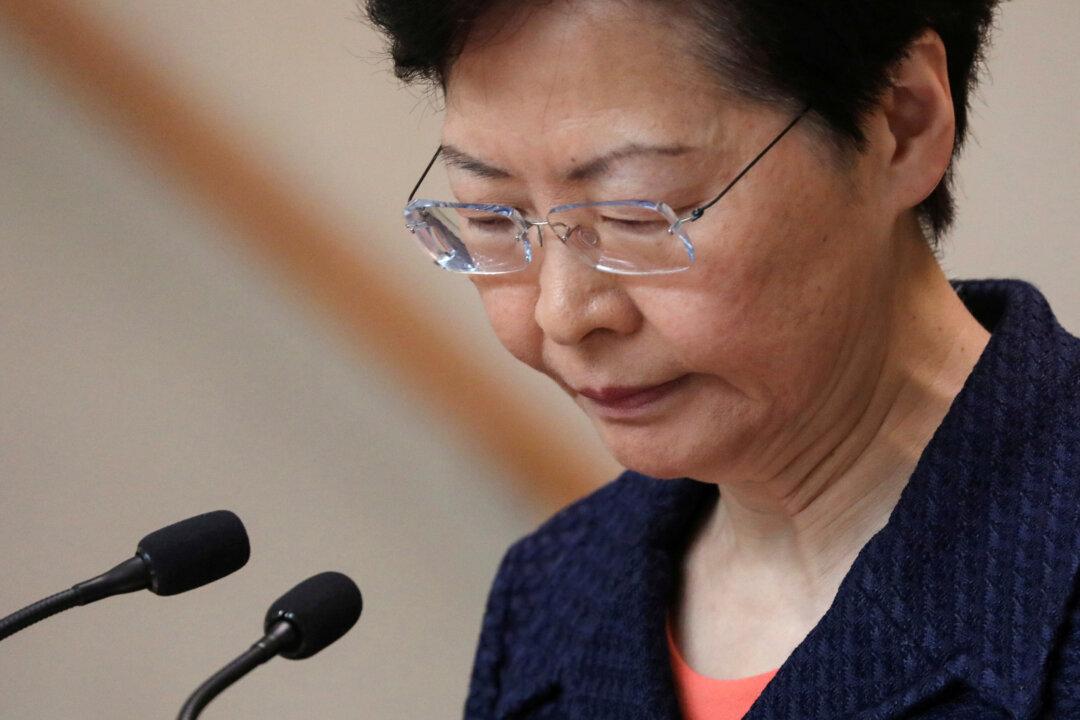A leaked recording of a closed-door speech by Hong Kong leader Carrie Lam hit the headlines worldwide on Sept. 2. Lam gave a 30-minute talk to a group of business people, in which she said that, if she had a choice she would apologize and resign. She also shared Beijing’s views and decisions in regards to the Hong Kong protests.
In a Sept. 3 interview with the Chinese-language edition of The Epoch Times, Stephen Shiu Yeuk-yuen, a senior political commentator and media professional in Hong Kong, pointed out that the leak could well be a self-serving drama through which top leaders in Beijing tried to convey their message to the public.





